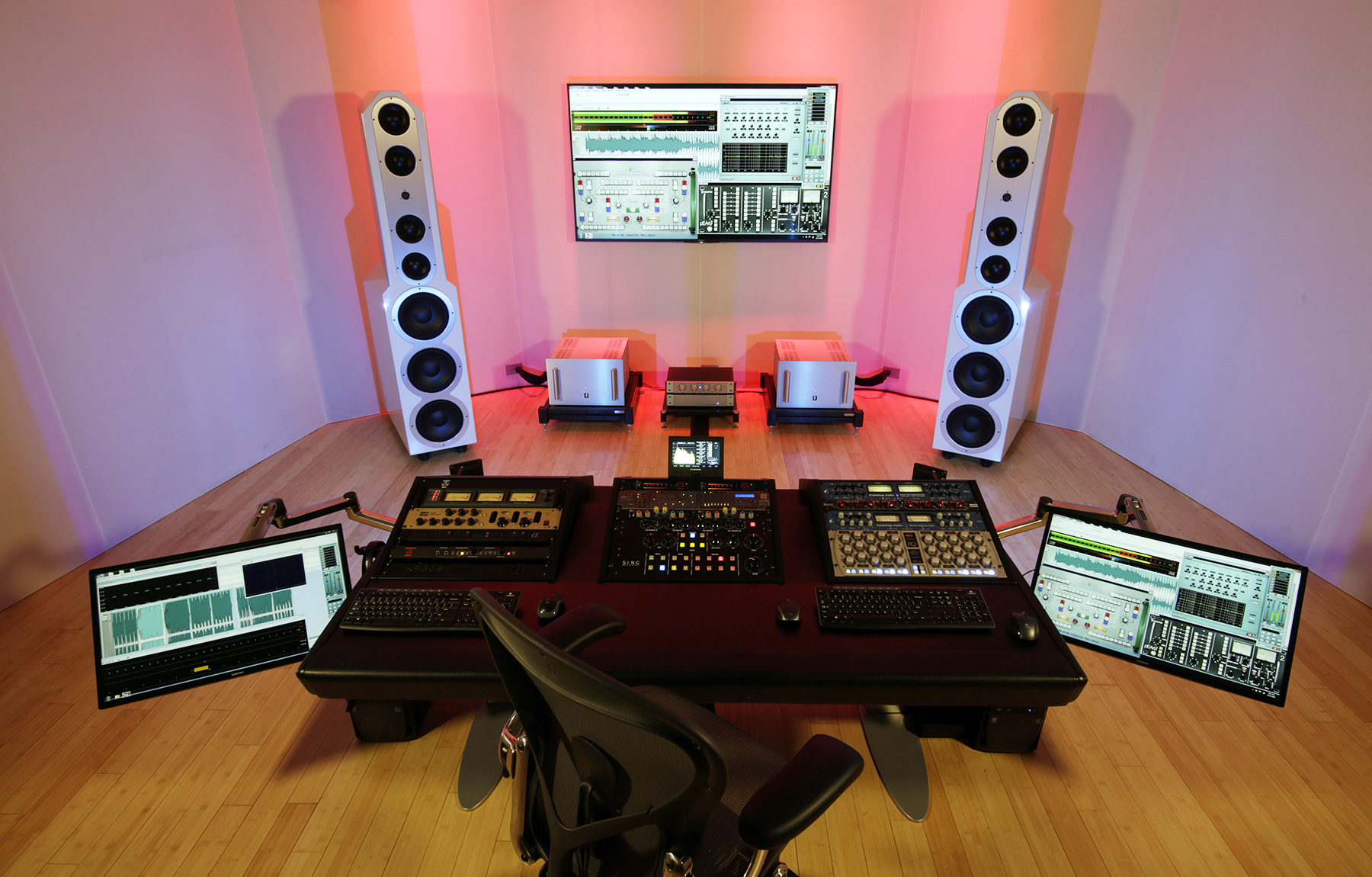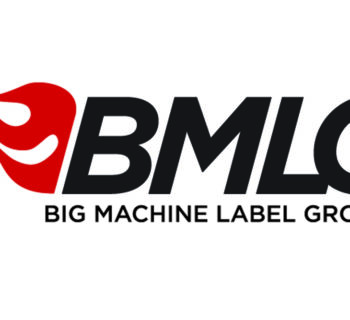This article will discuss the important provisions of a written live performance contract from the artist’s perspective, whether at a coffee house, college campus, night club, festival, or other venue. It is important to note that before you even consider entering into a contract to perform, you need to do your “due diligence” and investigate the person or company you will be contracting with (the “Client”). For instance, does the Client have a good reputation for honesty and integrity and have experience with producing musical events? Think of the fraudulent Fyre “luxury music festival” where the entire event was a disaster.
The following are important provisions that should be included:
1. The contract must specify the name of the artist or group, the Client who is hiring the artist, and the contact information for each. If you are contracting with a corporation you need to know who the authorized representative is who will be signing the contract.
2. You should indicate the venue for the performance, and the date, time and length of the show.
3. Compensation: Is the payment a flat fee or a percentage of gross sales? When will you be paid? Will there be a deposit? This is a critical provision. My general advice is to get as much of your compensation as soon as you can. The contract should allow you to cancel the show if you are not paid on time.
4. Do you have to guarantee a certain amount of tickets will be sold and, if not, do you have to pay for them?
5. Will there be other performers? What will be the order of the performances?
6. Expenses: Who will pay for ground and/or air transportation, and hotel, if applicable.
7. Who will provide for light and sound? Make sure anything that is promised to you is confirmed in the contract.
8. Tickets: Will you be receiving some complimentary tickets and how many?
9. Will you be able to sell your music and merchandise at the show and have a person at a table to sign people up for your mailing list?
10. Will the client provide insurance?
11. Will pyrotechnics be allowed?
12. Cancellation: When and under what circumstances can each party cancel, and can the client get a refund of their deposit?
13. Force Majeure: This refers to certain events that can cause the performance to be cancelled, such as an act of god (hurricane), war, etc.
14. Will disputes be resolved by litigation or arbitration? Will the prevailing party in litigation be entitled to reimbursement for their attorney fees and costs?
15. What “boilerplate” provisions will be included? These are standard type clauses in many contracts, such as what law will apply in any dispute; the written contract superedes any other written or oral agreements or promises; the contract can only be modified by a written agreement signed by both parties and that the contract can be signed via email.
Make sure you receive a copy of the contract signed by both parties.
Sometimes it is not possible to enter into a written contract. In such a circumstance, you should at least try and get an email confirmation of the important provisions of your oral agreement.
GLENN LITWAK is a veteran entertainment attorney based in Santa Monica, CA. He has represented platinum selling recording artists, Grammy winning music producers, hit songwriters, management and production companies, music publishers and independent record labels. Glenn is also a frequent speaker at music industry conferences around the country, such as South by Southwest and the Billboard Music in Film and TV Conference. Email Litwak at [email protected] or visit glennlitwak.com.
This article is a very brief overview of the subject matter and does not constitute legal advice.













